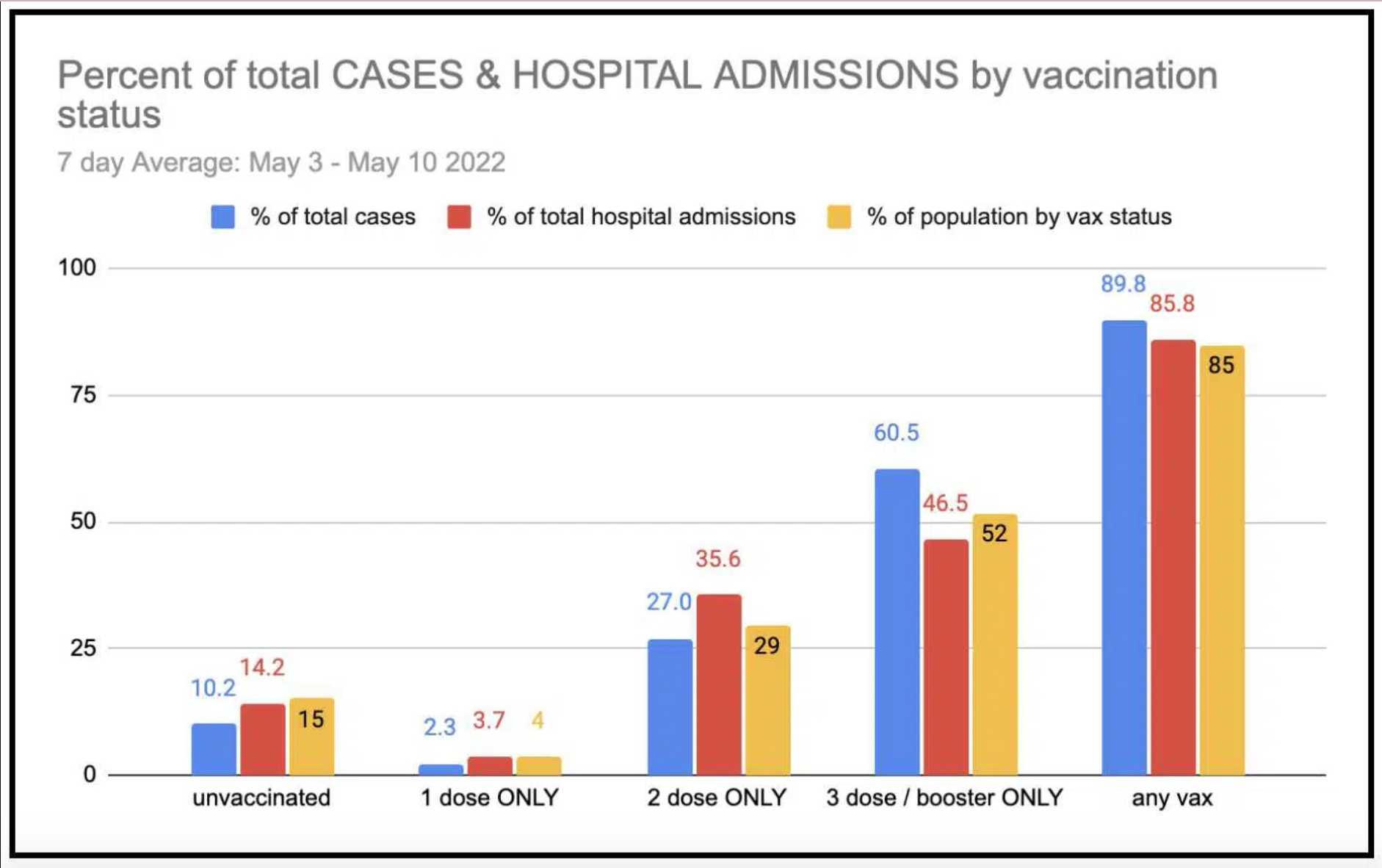Table of Contents
Guy Hatchard
hatchardreport.com
Dr Guy Hatchard is an international advocate of food safety and natural medicine. He received his undergraduate degree in Logic and Theoretical Physics from the University of Sussex and his PhD in Psychology from Maharishi University of Management, Fairfield Iowa.
Information
Opinion
From May 24 updated vaccine passes are available for download, the current ones expire on June 1st and will be valid for 6 months.
The legislation governing their use is curiously deceptive, although the government claims vaccine passes are no longer required, they have allowed businesses to require them for entry if they wish.
Moreover, employers can legally require that their staff be fully vaccinated and many do. The government also requires a number of its employees to be fully vaccinated including medical professionals, health, disability, and care workers, prison staff, and border workers. Most New Zealand universities still require staff and students to be fully vaccinated.
Currently, over 700,000 New Zealand workers and students (about 20% of the over 12 population) are still covered by some form of vaccination mandate.
Many more are put under various kinds of pressure to comply. To maintain their status as vaccinated, by June 1st presumably they will all have to have completed boosters.
The vaccination requirements for students are especially egregious. The incidence of vaccine induced myocarditis among the young is concerning and the risk increases with each inoculation.

As the government’s own Covid infection, hospitalisation, and death rates show that vaccination is not conferring any statistically significant protective effect, why are any vaccination mandates still in effect?
During the pandemic, a network of legislation, regulations and financial support has evolved to encourage vaccination. As the risk from Covid has subsided and new studies have demonstrated that mRNA vaccination is ineffective and even harmful, the regulations have not been dismantled.
The net effect is that there is now a regulatory framework which protects government, businesses, and medical professionals from liability if they harm the people they are supposed to be protecting.
No one wishes to be responsible for any damage done. Moreover, so many people are involved, it is not all clear who you can complain to if you are affected or wish to opt out.
The government happily claims it is no longer requiring vaccine passes, merely issuing them. Yet is still funding the media to promote mRNA vaccination and paying for saturation advertising affirming that it is safe.
The government is also working hand in glove with social media companies to ensure that information about risks is removed.
Medical professionals claim that vaccination is safe and effective by definition and they are only doing the job they were trained to do.
Faced with this all court press, businesses requiring mandates argue that they are just being sensible. Vaccine manufacturers are not liable because they are protected contractually from blame.
Such convoluted buck-passing is not rare in business.
A few years ago, our photocopier had frequent breakdowns. My predecessor had been faced with the same situation and he had signed a piggy-back contract to acquire a replacement photocopier.
The contract rolled up the financial obligations of the earlier contract with the costs associated with the new copier, but the replacement had quickly acquired similar deficiencies.
I found that our charity was liable to fulfil financial obligations amounting to a whopping $120,000 over the five-year term of the contract yet the cost of a new copier was just $16,000.
The problem was that the useful life of a busy photocopier was less than the five-year term of the contract, so inevitably you ended up with a worn-out copier you haven’t yet paid for.
There was the manufacturer who sold you the copier, the leaseholder (usually a bank) to whom you were legally required to make payments for five years, and the repairer who came if you called in a fault.
All of whom passed the buck. I sorted it out by reading the small print which required that repairs be made, taking legal advice, and stopping the payments.
If you think about it, we are in much the same situation, the first course of vaccination didn’t work and caused problems, now we are being told to take a second course. Our payment is actually the very real increased risk we are being asked to shoulder.
If you are being mandated or coerced to be boosted against your will, I suggest you hold out and take legal advice.
Only 70% of those eligible in New Zealand are boosted, and currently, the rate of Covid hospitalisation of boosted individuals in New Zealand is higher than the unvaccinated.









